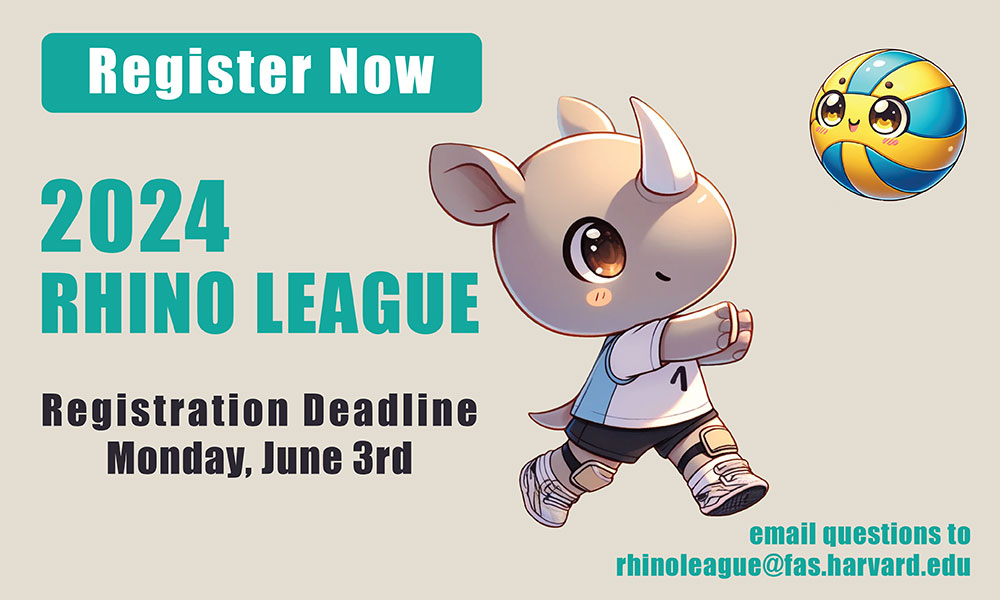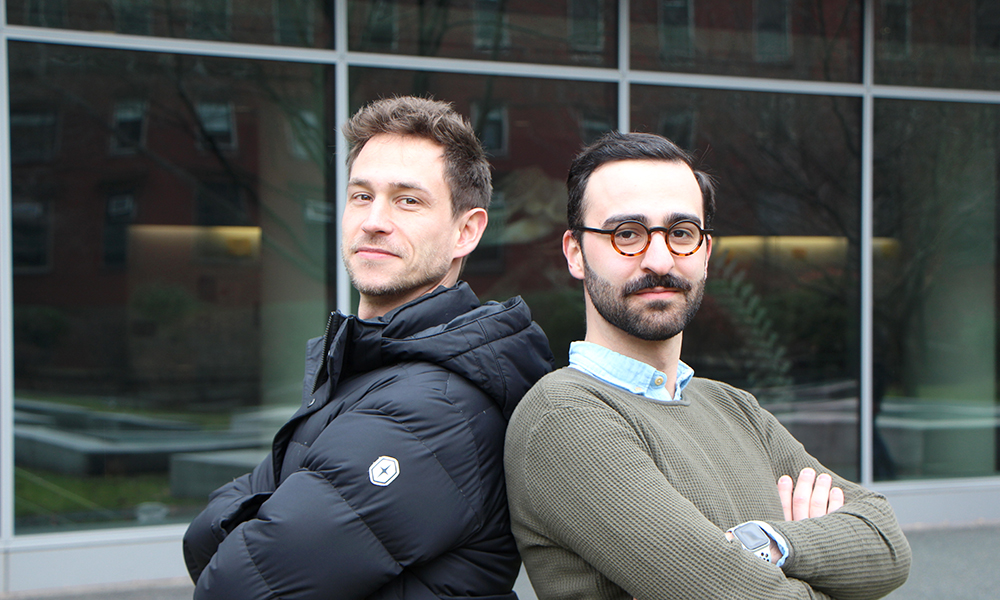Sixty years ago, Harvard scientists David Hubel and Torsten Wiesel famously showed that altering visual input in young cats irreversibly changed the organization of neurons in the visual…
Giving zebrafish ketamine can stop them from “giving up” during tasks where trying to swim is futile. A new study led by researchers from the Engert Lab and…











